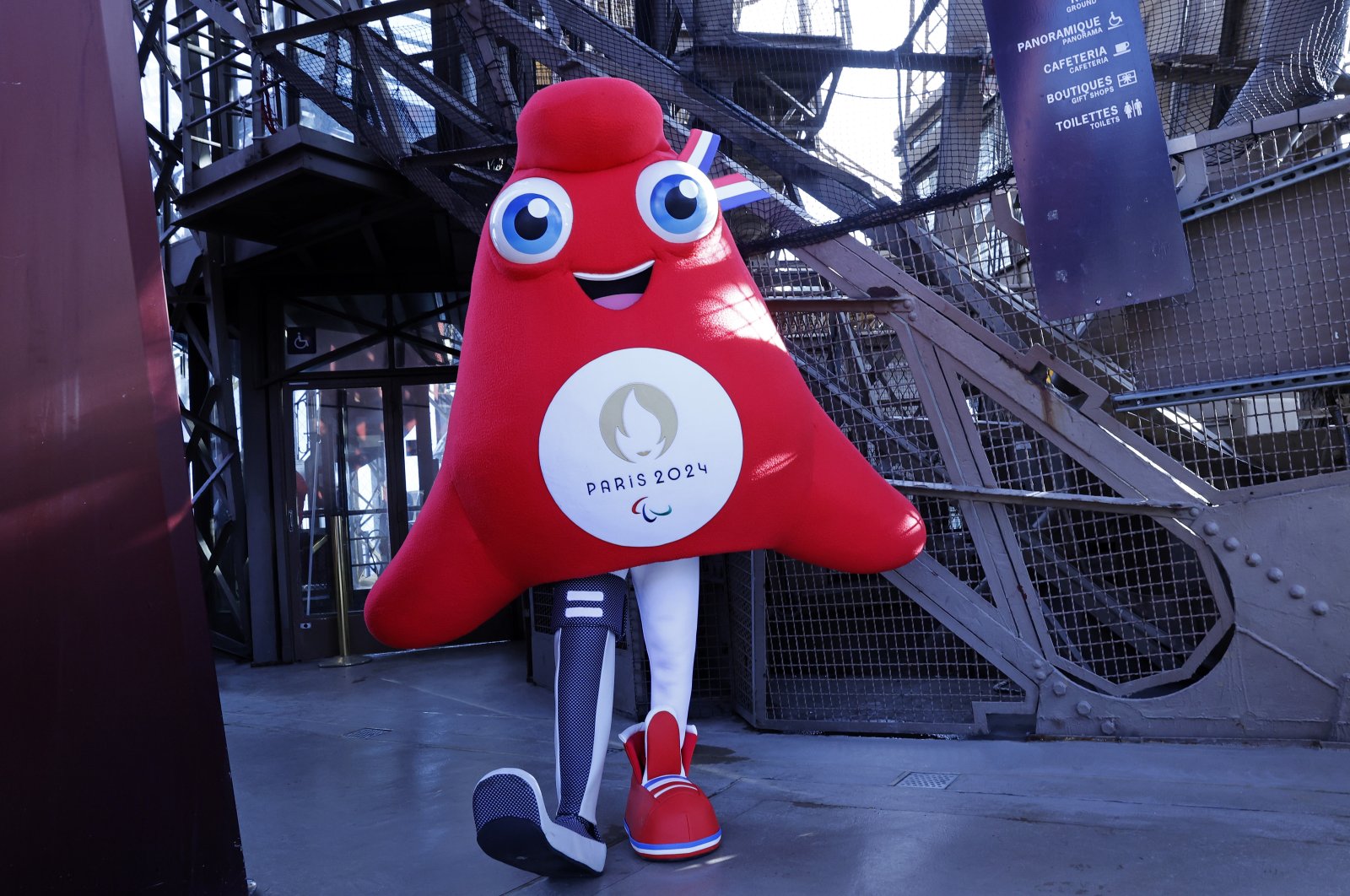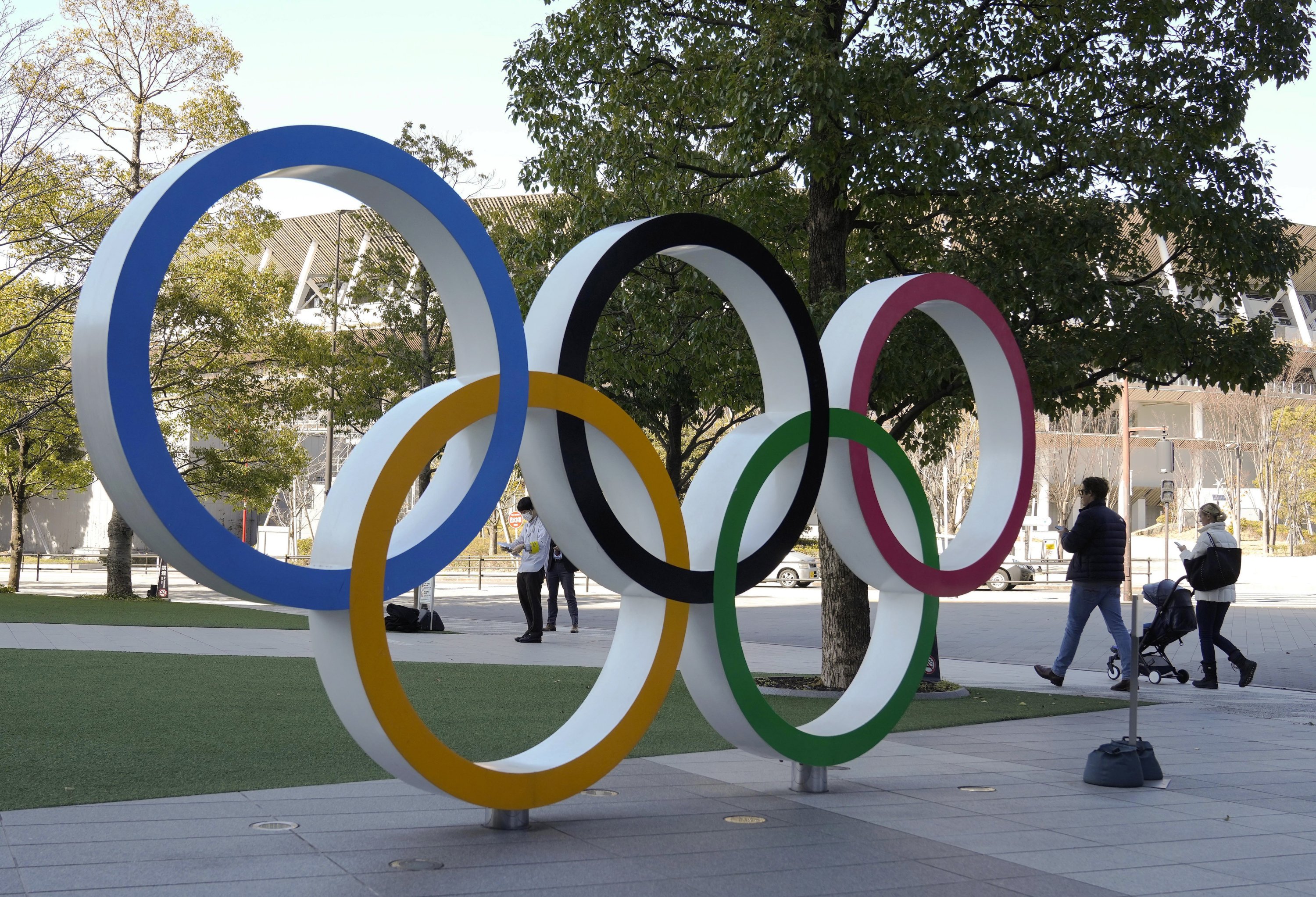
In 500 days, the grandeur and grandiosity of the 2024 Summer Olympics will be unveiled in Paris, with the dazzling teams descending in barges down the River Seine in a spectacular opening ceremony.
The Paris Olympics and Paralympics have a lot riding on them – they involve the return of packed crowds of spectators to the world's greatest sporting spectacle after the COVID-blighted Summer Games in Tokyo in 2021 and the Winter Olympics in Beijing last year.

On top of that, the spending on the Games is being scrutinized as never before – venues are focused on Seine-Saint-Denis, the poorest area in France.
And the buildup is being buffeted by the war in Ukraine and its ramifications for competitors from that country, Russia, and its ally Belarus.
Here are the key issues to be resolved before the Games open on July 26, 2024.
Will Russians take part?
The International Olympic Committee's (IOC) suggestion that it wants to find a "pathway" for athletes from Russia and its ally Belarus to take part as neutrals in Paris moved a step closer on Friday when the International Fencing Federation said it would re-open its events to Russians.
Ukraine has reacted with fury to the prospect that its athletes will have to compete alongside their aggressors while their country is being bombed from the air and shelled by Russian tanks and has threatened to boycott the Games.
IOC president Thomas Bach has passed the decision on to individual sports federations, such as fencing.
Thirty countries, including the United States, have asked the IOC for "clarification" on how Russian athletes could compete in practice.
Ceremony plans cause concerns.
The plans to take the opening ceremony out of its traditional stadium setting and stage it on the River Seine, framed by the Eiffel Tower and other monuments, is an administrative headache and has provoked concerns from the security services.
The original plan allows up to 600,000 spectators along the banks of the Seine, but political sources say the number could be revised down.
Private security companies are struggling to recruit enough staff, begging whether the army will be called in, as it was for the 2012 London Olympics.
Interior Minister Gerald Darmanin says it is "too early to say," while Etienne Thobois, the director general of the 2024 organizing committee, says "all scenarios are on the table."
Transport headache
Will the Paris transport system, plagued by staff shortages and sporadic strikes in recent months, be ready to move millions around the city for the Olympics?
Now headed by former prime minister Jean Castex, network operator RATP is under extreme pressure.
There are serious questions about whether a critical metro line extension to the Athletes' Village will be completed. In addition, a significant shortfall in the number of bus drivers is also causing concerns.
Paris' airports, still attempting to return to total capacity after the COVID-19 pandemic, are racing against time to prepare for a massive influx of competitors and spectators from abroad.
Ticket policy criticism
The first sales phase for tickets sparked criticism from people who felt they were too expensive and resented being forced to buy tickets for minor sports if they also wanted to see popular events like athletics and gymnastics.
The organizers say the prices are in line with the London Olympics.
Chief organizer Tony Estanguet insisted the first stage had succeeded "even if we understand the criticism and the frustration of some people who were not satisfied."
Budget scrutiny
The organizing committee's budget, of which 96% comes from private funding, rose 10% to 4.4 billion euros ($4.7 billion) last year. Add another 4.4 billion euros for Solideo, the body tasked with building facilities, and the total budget comes to 8.8 billion euros.
Local politicians in the deprived Seine-Saint-Denis area are watching the expenditure more closely than anyone.
"When the Olympic flame is extinguished, residents here won't be asking (Paris Mayor) Anne Hidalgo, (President) Emmanuel Macron, or Tony Estanguet for accountability; they'll be asking me," said the head of the area, Stephane Troussel.
